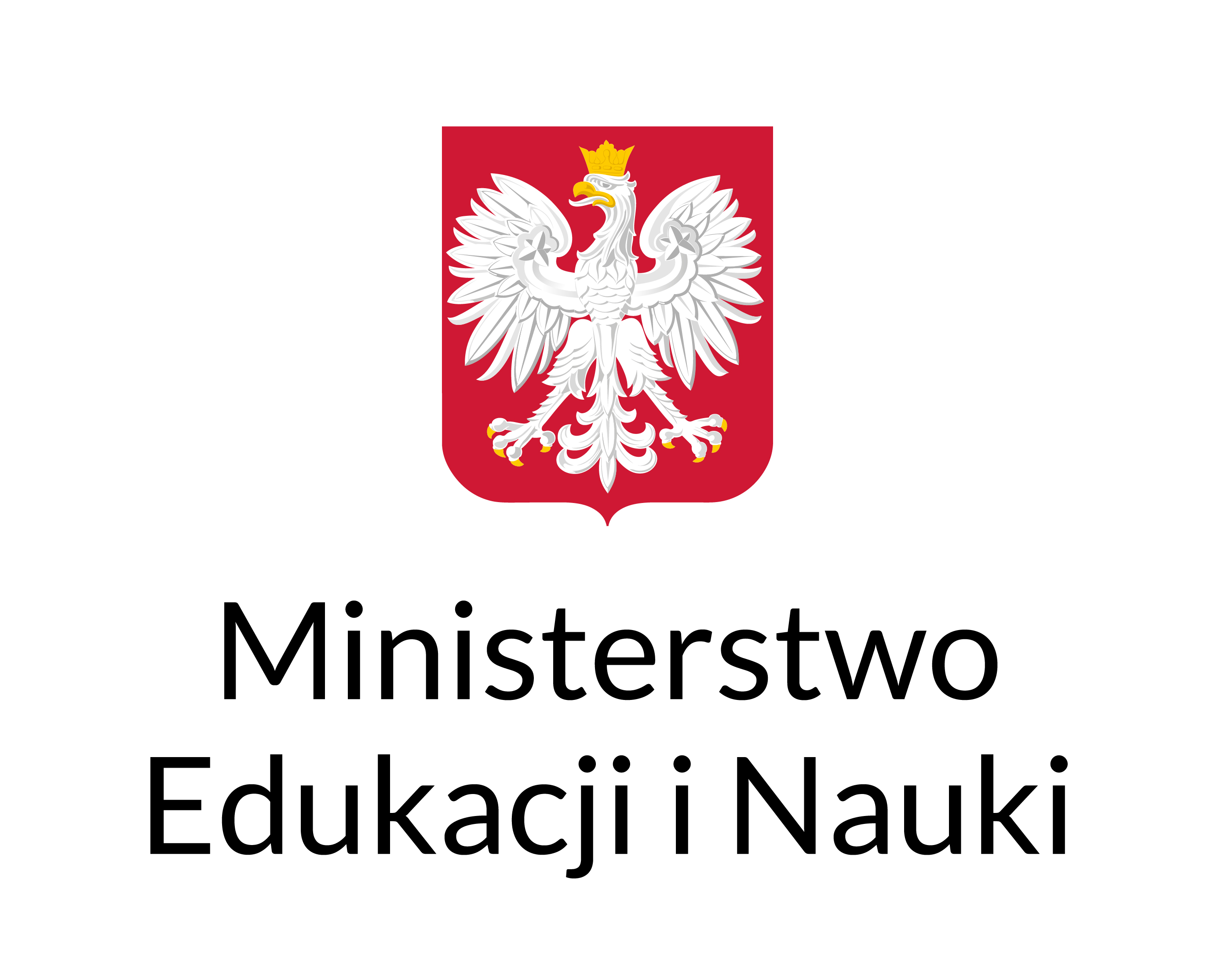Sharenting and Children’s Privacy Protection in International, EU, and Czech Law
Parents, Stop Sharing! Thank You, Your Children
Abstract
The digitalization of social relations has brought some new and hitherto unknown phenomena. Real life has been extended, into the world of cyberspace. This world is often referred to as the virtual world, but in reality, by its consequences for our lives and the legal sphere, it is no less real than the physical world. A significant part of family life has been affected by this phenomenon. Photos, videos and other information that used to be available only to immediate family members are now shared publicly on the internet through social networks. Young children are particularly affected, with parents publicly sharing information from their private lives. This practice is referred to as sharenting. As a result of sharenting, children in the Internet environment often effectively lose their status as subjects and become mere objects. This object is then handled by the child’s closest relatives – parents, i.e. the people who should naturally look after and defend the child’s best interests. The problem is that parents are not aware of both the legal framework and the possible factual negative consequences that sharenting can have for a child’s life and childhood. The key question that I seek to answer in this article is to what extent the current legal framework can respond to sharenting. The aim is also to assess to what extent is such sharing information about children legal and where the boundaries of permissible or justifiable disclosure of information about a child on the Internet lie. Finally, the question is also how the child affected by sharing can defend him/herself against its negative consequences. Sharenting is addressed by the EU, international and national law. As far as national law is concerned, in my article I focus primarily on Czech civil and family law. Sharenting concerns the protection of privacy as a fundamental human right, but also freedom of expression, which is why the European Convention and the Convention on the Rights of the Child (international dimension), the EU Charter of Fundamental Rights (EU dimension) and the Czech Charter of Fundamental Rights and Freedoms (national constitutional dimension) are explored as well.
References
Bessant, C. (2018) ‘Sharenting: balancing the conflicting rights of parents and children’, Communications Law, 23(1), pp. 7–24 [Online]. Available at: https://researchportal.northumbria.ac.uk/en/publications/sharenting-balancing-the-conflicting-rights-of-parents-and-childr (Accessed: 26 August 2022).
Bónová, K. (2022) ‘Ochrana soukromí ve veřejném prostoru’, Revue pro právo a technologie. 13(25), pp. 157–225; https://doi.org/10.5817/RPT2022-1-4.
Choi, G. Y., Lewallen, J. (2018) ‘“Say Instagram, Kids!”: Examining Sharenting and Children's Digital Representations on Instagram’, Howard Journal of Communications, 29(2), pp. 144–164; https://doi.org/10.1080/10646175.2017.1327380.
Cowden, M. (2016) ‘A Right to Medical Decision-Making’ in Cowden, M. (ed.) Children’s Rights. New York: Palgrave Macmillan; https://doi.org/10.1057/9781137492296_8.
Cordeiro, V. C. (2021) ‘Children’s Rights and Digital Technologies: Children’s Privacy in the Age of Social Media – The Perils of “Sharenting”’, Humanium [Online]. Available at: https://www.humanium.org/en/childrens-rights-and-digital-technologies-childrens-privacy-in-the-age-of-social-media-the-perils-of-sharenting/ (Accessed: 8 August 2022).
Desreumaux, G. (2018) The 10 Top Reasons Why We Use Social Networks [Online]. Available at: https://wersm.com/the-10-top-reasons-why-we-use-social-networks/ (Accessed: 21 August 2022).
Hofschneiderová, A. (2017) ‘O konceptu nejlepšího zájmu dítěte’, epravo,cz [Online]. Available at: https://www.epravo.cz/top/clanky/o-konceptu-nejlepsiho-zajmu-ditete-106509.html (Accessed: 21 August 2022).
Karlík, M. (2019) ‘Co je nový trend „sharenting”? Pokud dáváte fotky svých dětí na internet, může jim to ublížit’, Radiožurnál [Online]. Available at: https://radiozurnal.rozhlas.cz/co-je-novy-trend-sharenting-pokud-davate-fotky-svych-deti-na-internet-muze-jim-7727931 (Accessed: 22 July 2022).
Heitner, D. (2018) ‘Your child wants to start a YouTube channel? Here are some points to consider’, The Washington Post [Online]. Available at: https://www.washingtonpost.com/news/parenting/wp/2018/07/19/your-child-wants-to-start-a-youtube-channel-heres-what-to-consider/ (Accessed: 22 August 2022).
Králíčková, Z. (2021) ‘On the Family and Family Law in the Czech Republic’ in Barzó, T., Lenkovics, B. (eds.) Family Protection from a Legal Perspective. Analysis on Certain Central European Countries. Budapest–Miskolc: Ferenc Mádl Institute of Comparative Law–Central European Academic Publishing, pp. 77–109; https://doi.org/10.54237/profnet.2021.tbblfl_3.
Ondřejová, E. (2016) Ochrana osobnosti v common law a českém právu. Teoretik. Praha: Leges.
Polčák, R. (2018) ‘Pojem a metoda práva informačních technologií’ in Polčák, R., Kasl, F., Míšek, J., Stupka, V., Kyselovská, T., Myška, M. (eds.) Právo informačních technologií. Praha: Wolters Kluwer, pp. 1–28.
Sehnálek, D. (2021) ‘Interpretation of Fundamental Rights in the Czech Republic’ in Tóth, J. Z. (ed.) Constitutional Reasoning and Constitutional Interpretation. Analysis on Certain Central European Countries. Budapest–Miskolc: Ferenc Mádl Institute of Comparative Law–Central European Academic Publishing, pp. 245–300; https://doi.org/10.54237/profnet.2021.zjtcrci.
Zuklínová, M. (2014) ‘§ 858 (Vymezení rodičovské odpovědnosti)’ in Švestka, J., Dvořák, J., Fiala, J., Zuklínová, M. (eds.) Občanský zákoník: komentář. Svazek II. (§ 655 až 975). Praha: Wolters Kluwer (E-book).
Copyright (c) 2023 Central European Academic Publishing

This work is licensed under a Creative Commons Attribution-NoDerivatives 4.0 International License.












